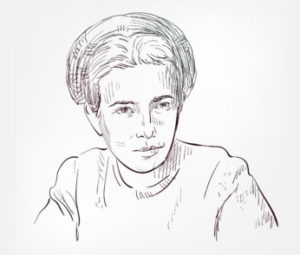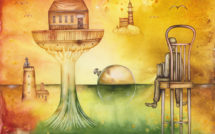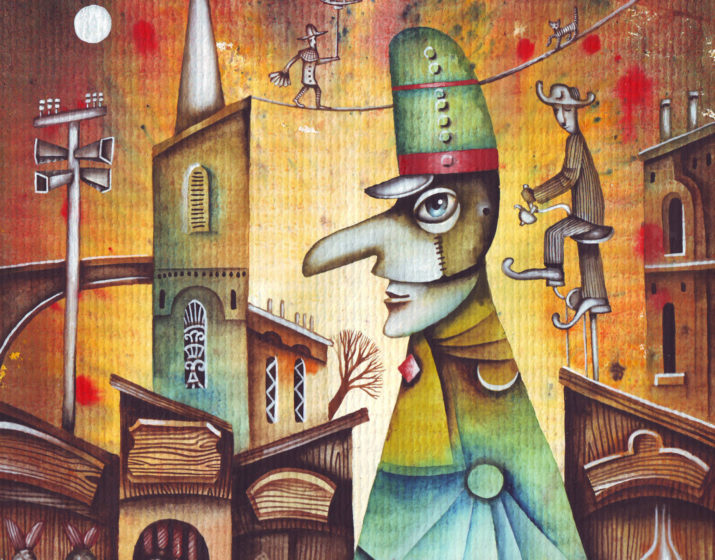
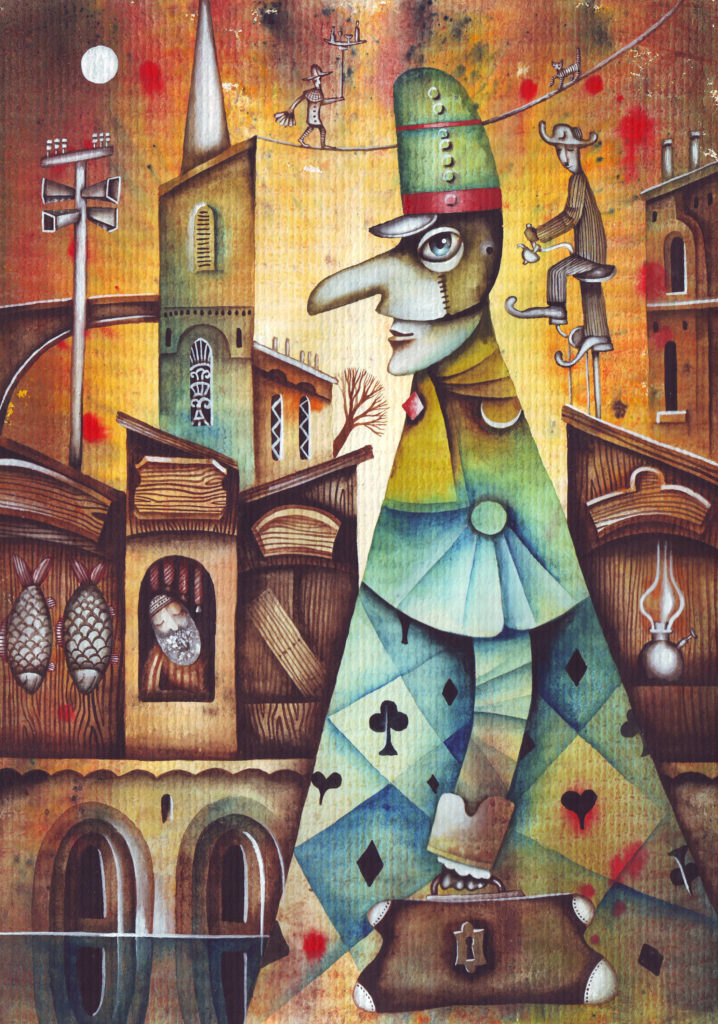
In this series, we feature a spotlight on the Novel Coronavirus (COVID-19) pandemic and its connections to European politics, society, and culture. This page will be updated as new pieces continue to be published.
Keep scrolling for the full list of contributions.
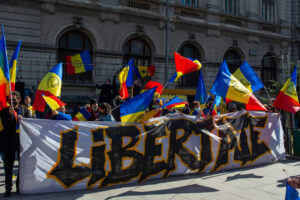
The Challenge of Populism and Disinformation on the Pandemic Response in Romania
By Andreea Mosila
Romania provides an excellent example of how nationalist and populist messaging significantly threatened the pandemic response.
 Poverty and Homelessness in Germany after the COVID-19 Pandemic
Poverty and Homelessness in Germany after the COVID-19 Pandemic
By Christoph Butterwegge
What does it mean to be unhoused or unsheltered in a prosperous country that defines itself as a social welfare state?
 Rewriting the Netherlands’ Past and Future: Thierry Baudet’s Use of Holocaust Analogies during the COVID-19 Pandemic
Rewriting the Netherlands’ Past and Future: Thierry Baudet’s Use of Holocaust Analogies during the COVID-19 Pandemic
By Jazmine Contreras
Baudet challenges the increased state attention on the Holocaust and Jewish victimhood…
 An Interview about Posthumanism in a Time of Crisis
An Interview about Posthumanism in a Time of Crisis
By Francesca Ferrando, Rohan Hassan, and Hélène Ducros
The first precious insight that Posthumanism gives us to understand what it means to be human in a moment of planetary crisis is the realization of the interconnection of existence.
By Stuart P.M. Mackintosh
“In 2020, Europe’s leaders said that a centralized vaccine strategy would demonstrate the bloc’s capacity to unite, with EU President Ursula von der Leyen even calling the pandemic response “Europe’s moment.”

Creative Economy, Policy, and the Pandemic in Scotland’s Island Communities
By Siún Carden
“Far from cities, and geographically distinguished from mainland rural places, Scotland’s islands are varied in landscape, economy, and community make-up, yet share key challenges and are increasingly positioned to address these together.”
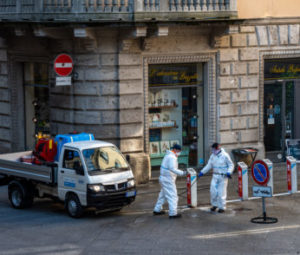 The EU’s Response to the Coronavirus (COVID-19) Outbreak in Europe
The EU’s Response to the Coronavirus (COVID-19) Outbreak in Europe
By Diana-Andreea Mandiuc
“Just two days after the virus spread was categorized as a pandemic, Europe recorded the largest number of cases outside of China (Ghebreyesus, 2020), testing the Union’s ability to cope with emergency health issues.”

The Impact of the COVID-19 Pandemic for the European Non-governmental Sector
By Răzvan-Victor Sassu and Eliza Vaș
“The coronavirus has reshuffled both economies and societies in the past months. The International Monetary Fund has described the situation as being a “crisis like no other” with “an uncertain recovery” and a “catastrophic hit” to the global labour market.”
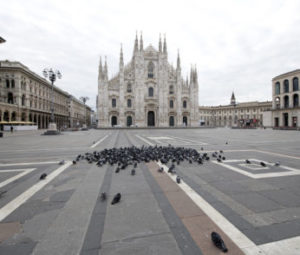 Explanations for the Uneven Impact of COVID-19 in North and South Italy
Explanations for the Uneven Impact of COVID-19 in North and South Italy
By Angela Cacciarru and Antonio Paesano
“There are many factors intervening in a society’s ability to combat disease. While Italy was featured everywhere in global media as the place where COVID-19 was out of control and the situation desperately stark, the spreading of the virus was showing more and more its uneven impact.”
By Ruxandra Paul
“Migrants have always been both essential to modern economies and objects of suspicion, but the Coronavirus pandemic has brought this tension to a head both in migrant-sending and migrant-receiving countries.”
Peregrination by Louis-Philippe Dalembert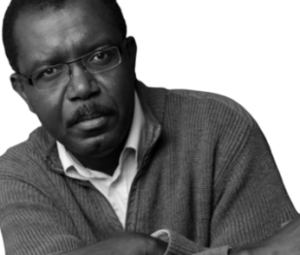
Translated by Ghjulia Romiti
“I wander through Paris / who no longer knows our names / silent from our laughter / and our pale anguish / the black and naked sun / has a faded smell of hunger / in the eyes of a child from my island / one-eyed and dirty / with silence / with lost arrogance and banter / like a harlot from another time”
 Unmasking the Rifts in the European Union: New Coalitions at the EU’s Historic Summit from July 17-21
Unmasking the Rifts in the European Union: New Coalitions at the EU’s Historic Summit from July 17-21
By Thomas Henökl
“During the second-longest summit session in the European Council’s history, in the early morning hours of June 21, 2020, and after almost four days of tough negotiations, the twenty-seven heads of state and government finally agreed on a €1,074 billion long-term budget and COVID-19 recovery fund.”
 Giovanni Boccaccio’s “Decameron” and Life Beyond the Plague
Giovanni Boccaccio’s “Decameron” and Life Beyond the Plague
By Alyssa Granacki
“Commentators have astutely recognized the similarities between Giovanni Boccaccio’s description of plague-stricken Italy and our new normal as COVID-19 wreaks havoc across the globe.”
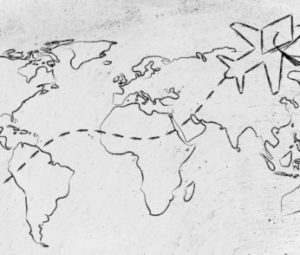 The Impact of COVID-19 on Student Mobilities
The Impact of COVID-19 on Student Mobilities
By Alexandru Pieptea
“Although many EU countries have faced challenges brought on by the coronavirus, there are differences in the extent of required measures. Several countries have decided to take measures in terms of closing some or all educational institutions for varying time periods.”
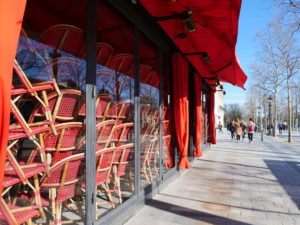 Living on the Margins in France: Before and During COVID-19
Living on the Margins in France: Before and During COVID-19
By Jean Beaman
Minority populations are responding to a violence that is not new, but rather an extension of the violence of French colonialism. The quarantine period reveals how some individuals, even those who are citizens, are forever seen as suspicious.
By Juliane Mendelsohn
I spoke to my friend and author, Diogo Magalhaes, about isolation in times of crisis, the true nature of (EU) solidarity, and the strange radicalism of ideas such as COVID bonds.
A New Existentialism for Infectious Times
By Jennifer McWeeny
Much like Beauvoir and her famous entourage, we, too, are contending with an unexpected and catastrophic visitor. The coronavirus pandemic therefore allows us to enter the historical experience of these French thinkers more deeply than we have before.

How the Coronavirus Reshapes the Global Economy is Our Choice
By Peter Debaere
If we continue to scapegoat globalization instead of being willing to share more equitably the benefits of technological progress and of globalization, we will fail to bring about the international cooperation we need.
By Anke S. Biendarra
While mutual support might work reasonably well on an interpersonal level, the Coronavirus outbreak is rapidly revealing the limits of solidarity when it comes to nation states, confirming that it is not a genuine ‘European’ value per se, but is borrowed from the national political vocabulary.
Photo: Medieval Doctor | Eugene Ivanov

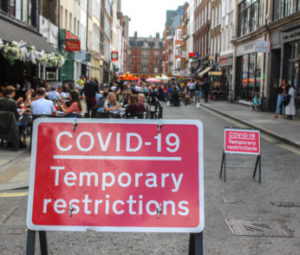
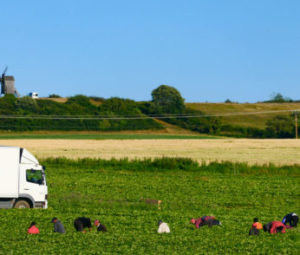
 #StrongerTogether, COVID Rescue Funds, and the Dream of True European Solidarity: An Interview with Diogo Magalhaes
#StrongerTogether, COVID Rescue Funds, and the Dream of True European Solidarity: An Interview with Diogo Magalhaes